Sf Museum of Modern Art Black and White Mural
Charles White'due south commitment to creating powerful images of African Americans—what his gallerist and, later, White himself described equally "images of dignity"—was unwavering over the class of his four-decade career. White believed that art had a function to play in changing the world: "Art must be an integral function of the struggle. Information technology can't just mirror what'southward taking place. It must adapt itself to human needs. It must ally itself with the forces of liberation. The fact is, artists have ever been propagandists. I have no apply for artists who try to divorce themselves from the struggle."1
Using his skills as a draftsman, printmaker, and painter, White adult his style and arroyo over time to address changing concerns and new audiences. His 1945 lithograph, Promise for the Time to come, shows a female parent holding her child in front of a window that opens onto a bleak mural; a noose hanging from a barren tree in the background is just visible over the mother's right shoulder. With this image, White condemns the violence facing African Americans and forces the viewer to face up information technology. In his much later work Black Pope (Sandwich Board Man) (1973), the central figure, a sunglass-wearing street preacher depicted in the dark-brown oil-wash that would become White's signature medium, commands viewers' attention with a sandwich board sign reading "NOW." The preacher is arranged up in a bulky glaze and scarf, while his sunglasses mask his gaze. His raised left hand forms a peace sign that also doubles every bit a papal blessing. Stenciled text at the top of the composition reads "CHICAGO," and the haunting skeleton hovering backside the preacher and the shapes and shadows filling the groundwork all hint at further pregnant without providing clear answers. White frames the street preacher with gravitas befitting a prophet, leaving the viewer to decode the details.
White lived in Chicago, New York, and, finally, Los Angeles over the course of his career, and was a critical member of creative communities in each of these cities. He counted lensman Gordon Parks, painter Jacob Lawrence, and singer and player Harry Belafonte every bit friends and colleagues. From his earliest days every bit a mature artist, White was also a gifted and defended teacher, and David Hammons and Kerry James Marshall were among his many students. His practice of making rigorous, socially committed art affected these younger artists, some of whom go along his legacy in their own work. As Marshall noted, "Nether Charles White'south influence I always knew that I wanted to make work that was most something: history, culture, politics, social issues. . . . It was just a affair of mastering the skills to really do information technology."two
Introduction by Esther Adler, Associate Curator, Drawings and Prints
- Introduction
- Charles Wilbert White, Jr. (April 2, 1918 – October three, 1979) was an African American artist known for his chronicling of African American related subjects in paintings, drawings, lithographs, and murals. Throughout his career, White'due south lifelong delivery to chronicling the triumphs and struggles of African Americans cemented him every bit one of the about well-known artists in African American art history. Post-obit his expiry in 1979, White's work has been included in the permanent collections of the Los Angeles Canton Museum of Art, The Metropolitan Museum of Fine art, the Whitney Museum of American Art, The Newark Museum, and the Santa Barbara Museum of Art. White's best known work is The Contribution of the Negro to American Democracy, a mural at Hampton Academy. In 2018, the centenary year of his birth, the start major retrospective exhibition of his piece of work was organized by the Art Institute of Chicago and the Museum of Modernistic Art.
- Wikidata
- Q5083521
- Introduction
- Noted as ane of the most celebrated and influential African American artists of the twentieth century. Built-in in Chicago and was educated at the Art Institute of Chicago and the Arts Students league of New York. He spent almost of his career between Los Angeles and Chicago. His work, which is mainly figural, deals with the stuggles of African-Americans and humanity.
- Nationalities
- American, African American
- Gender
- Male
- Roles
- Artist, Muralist, Painter
- Names
- Charles White, Charles Wilbert White, Charles White 3
- Ulan
- 500115749
Data from Getty's Union List of Creative person Names ® (ULAN), made available under the ODC Attribution License
xv works online
-
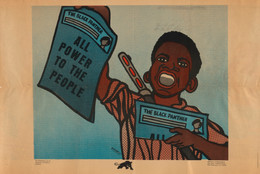
415: Divided States of America
Ongoing
Collection gallery
MoMA
-
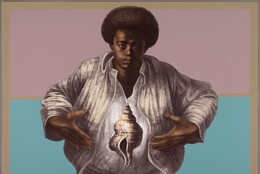
Charles White: A Retrospective
Oct 7, 2018–Jan 13, 2019
MoMA
-
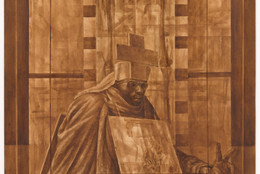
Charles White—Leonardo da Vinci. Curated by David Hammons
Oct vii, 2017–January 3, 2018
MoMA
-
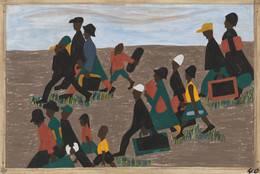
One-Manner Ticket: Jacob Lawrence's Migration Series and Other Visions of the Corking Movement North
Apr 3–Sep 7, 2015
MoMA
-
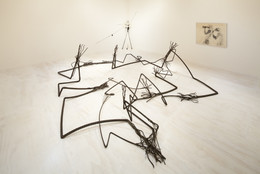
Now Dig This!
Art and Black Los Angeles 1960–1980Oct 21, 2012–Mar 11, 2013
MoMA PS1
-
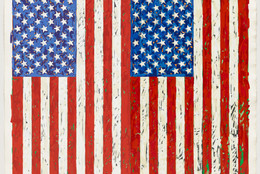
New to the Print Collection: Matisse to Bourgeois
Jun 13, 2012–January 7, 2013
MoMA
-
Near Warm & Fuzzy: Childhood and Contemporary Art
Feb 4–Apr viii, 2001
MoMA PS1
-
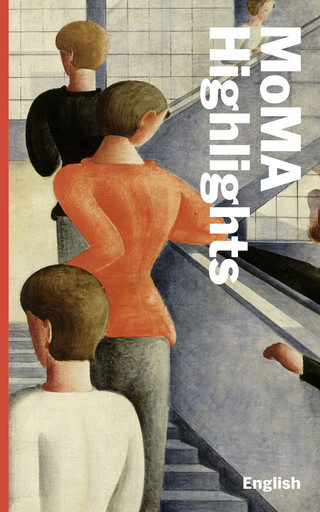
MoMA Highlights: 375 Works from The Museum of Modern Art Flexibound, 408 pages
-
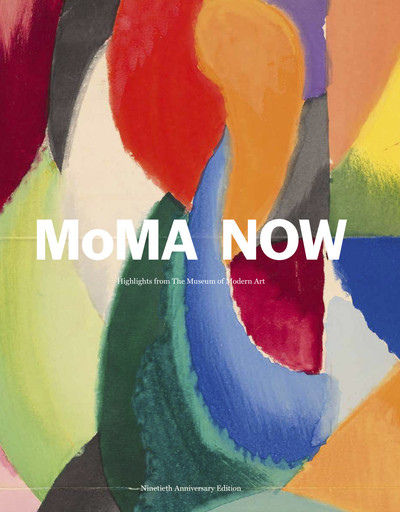
MoMA Now: Highlights from The Museum of Modernistic Art—Ninetieth Anniversary Edition Hardcover, 424 pages
-
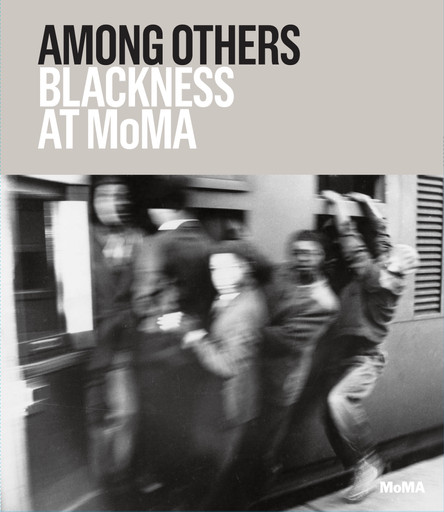
Among Others: Black at MoMA Hardcover, 488 pages
-
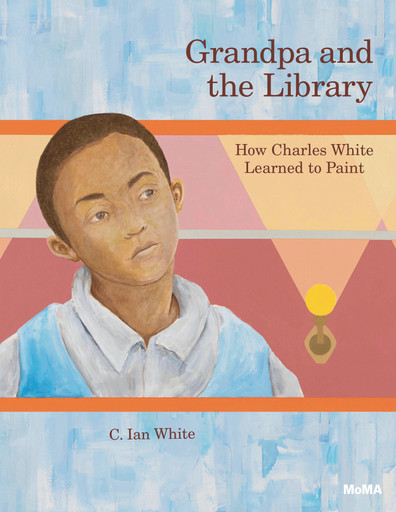
Grandpa and the Library: How Charles White Learned to Paint Hardcover, 40 pages
-
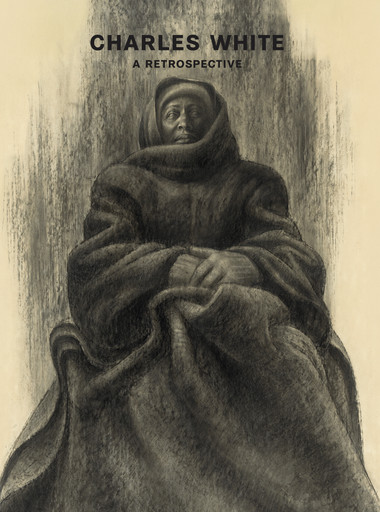
Charles White: A Retrospective Exhibition catalogue, Hardcover, 248 pages
-
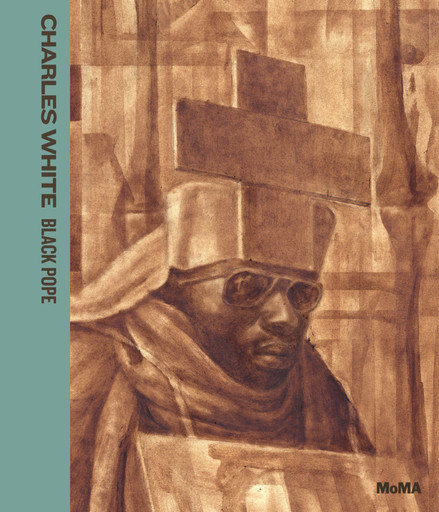
Charles White: Black Pope Hardcover, 64 pages
If you would like to reproduce an image of a work of art in MoMA's collection, or an image of a MoMA publication or archival material (including installation views, checklists, and press releases), delight contact Art Resource (publication in North America) or Scala Archives (publication in all other geographic locations).
MoMA licenses archival audio and select out of copyright film clips from our moving picture collection. At this time, MoMA produced video cannot be licensed by MoMA/Scala. All requests to license archival audio or out of copyright film clips should be addressed to Scala Archives at [email protected]. Motion picture film stills cannot be licensed by MoMA/Scala. For access to motion motion picture film stills for research purposes, please contact the Film Written report Center at [email protected]. For more information about film loans and our Circulating Pic and Video Library, please visit https://www.moma.org/research-and-learning/circulating-film.
If yous would like to reproduce text from a MoMA publication, please email [email protected]. If you would like to publish text from MoMA'southward archival materials, delight fill up out this permission grade and ship to [electronic mail protected].
This record is a work in progress. If y'all have additional information or spotted an fault, please send feedback to [e-mail protected].
Source: https://www.moma.org/artists/6339
0 Response to "Sf Museum of Modern Art Black and White Mural"
Post a Comment